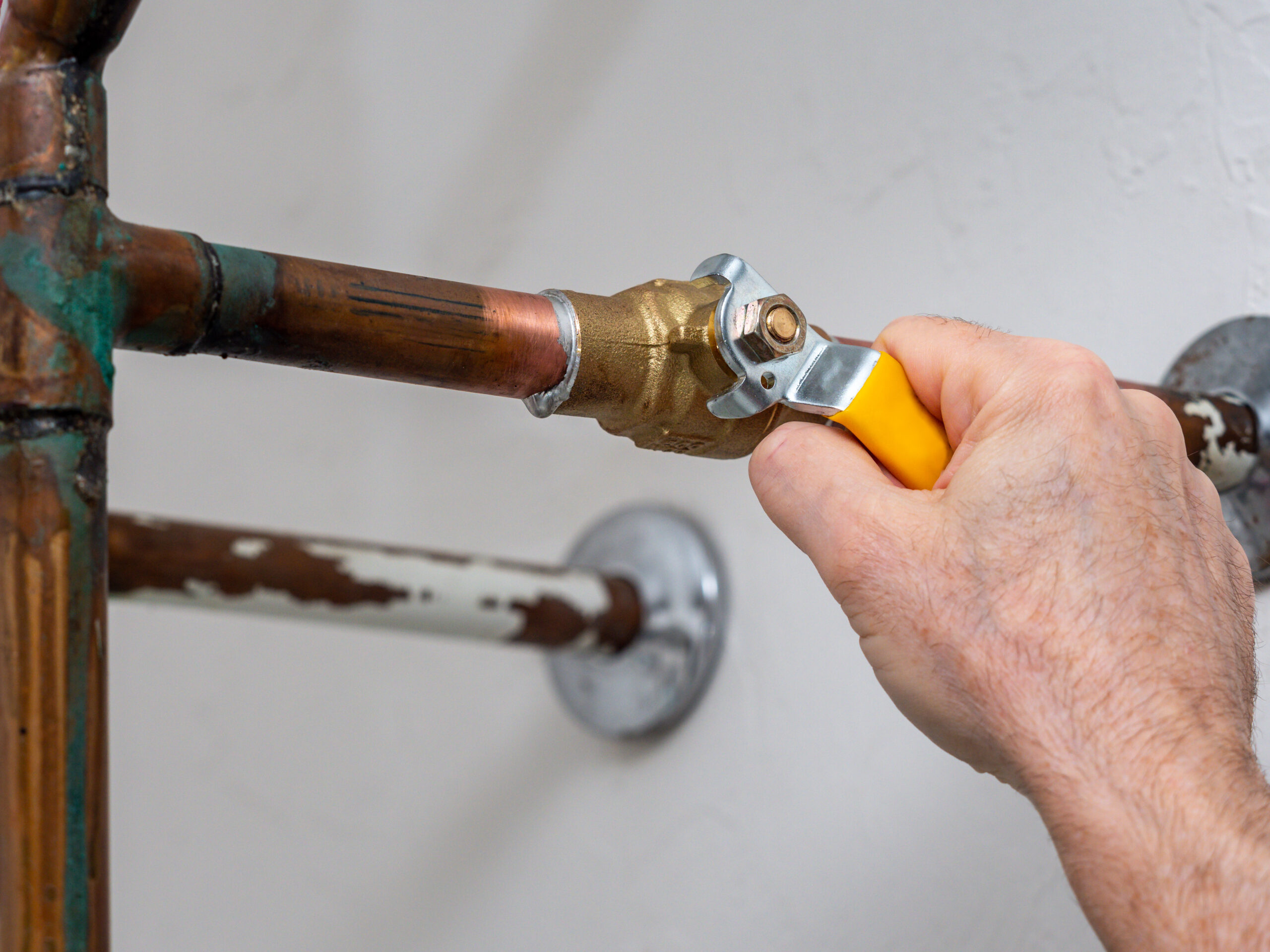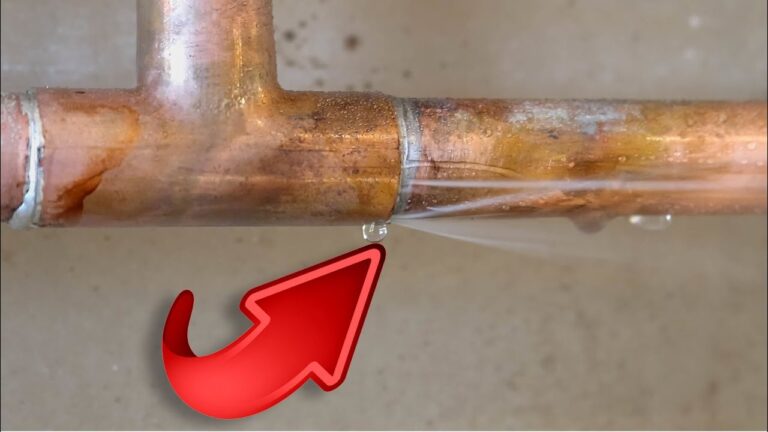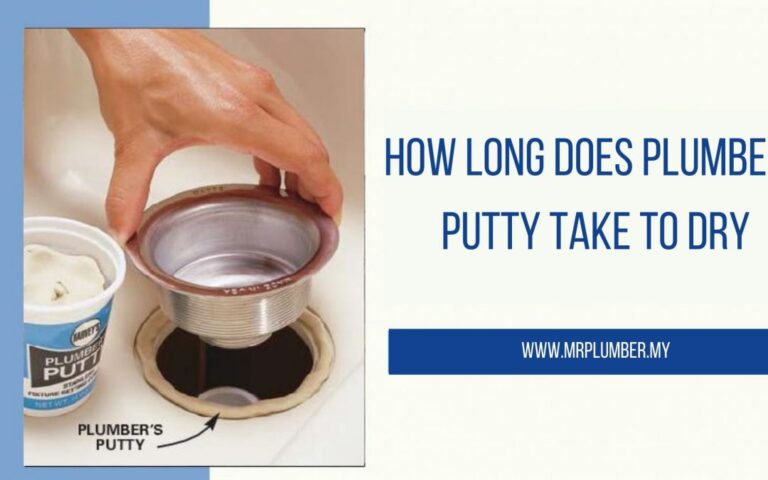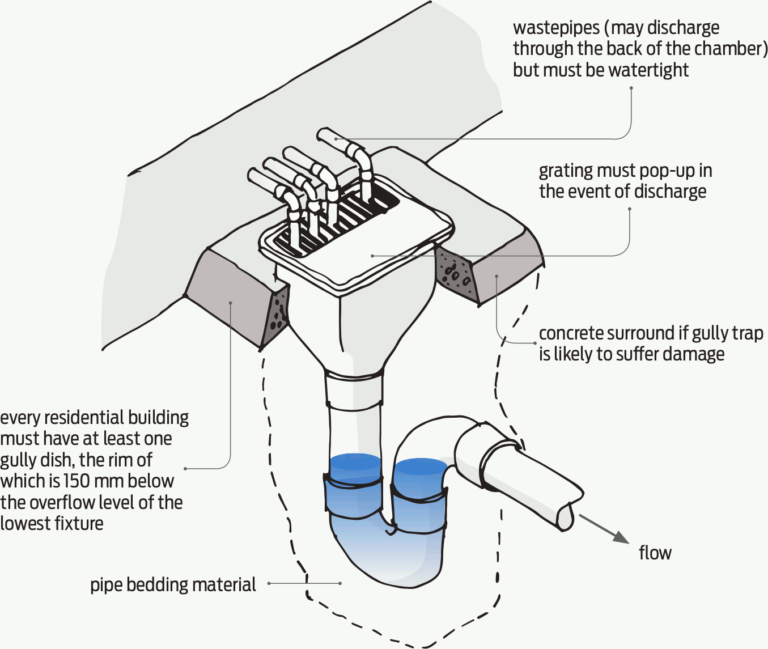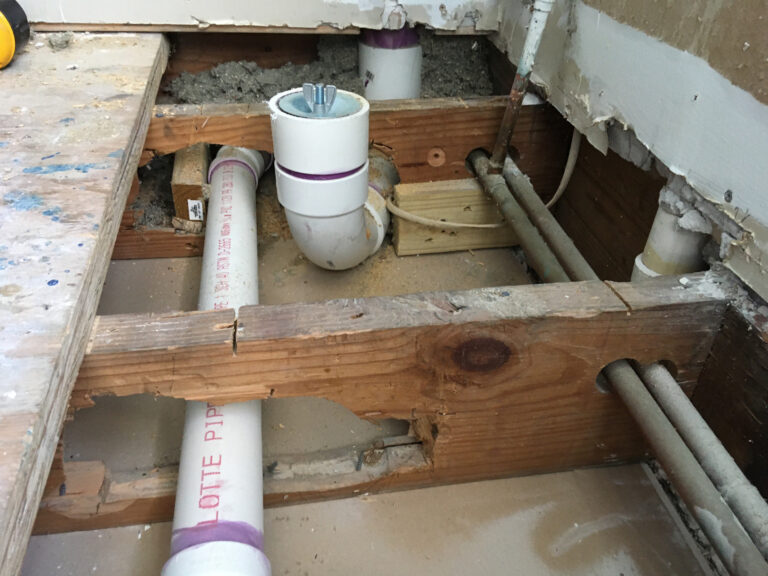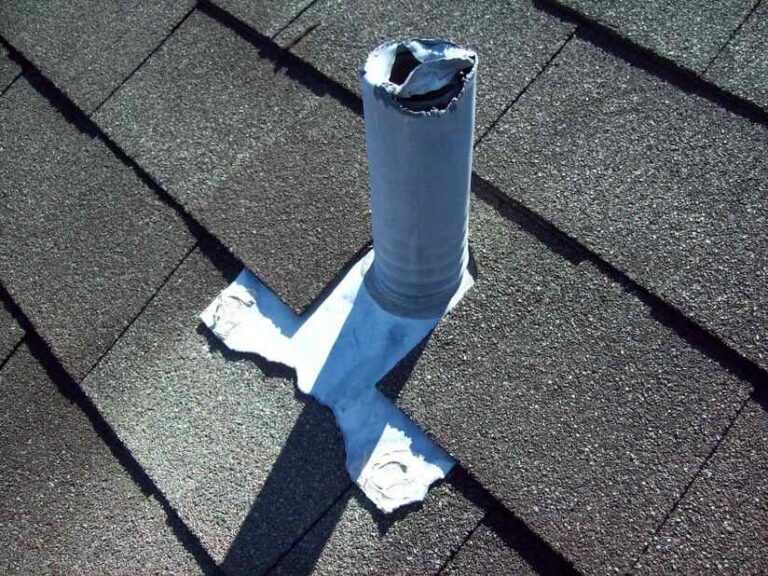How Long Does Copper Plumbing Last?
Copper plumbing is one of the most reliable and durable plumbing materials on the market today. It is a popular choice for both residential and commercial buildings because of its long-lasting, corrosion-resistant properties. Copper plumbing is known to last for many decades, depending on the environment in which it is installed. With proper installation and maintenance, it can last up to 100 years or more. This article will explore how long copper plumbing lasts and how to make sure it continues to function properly.
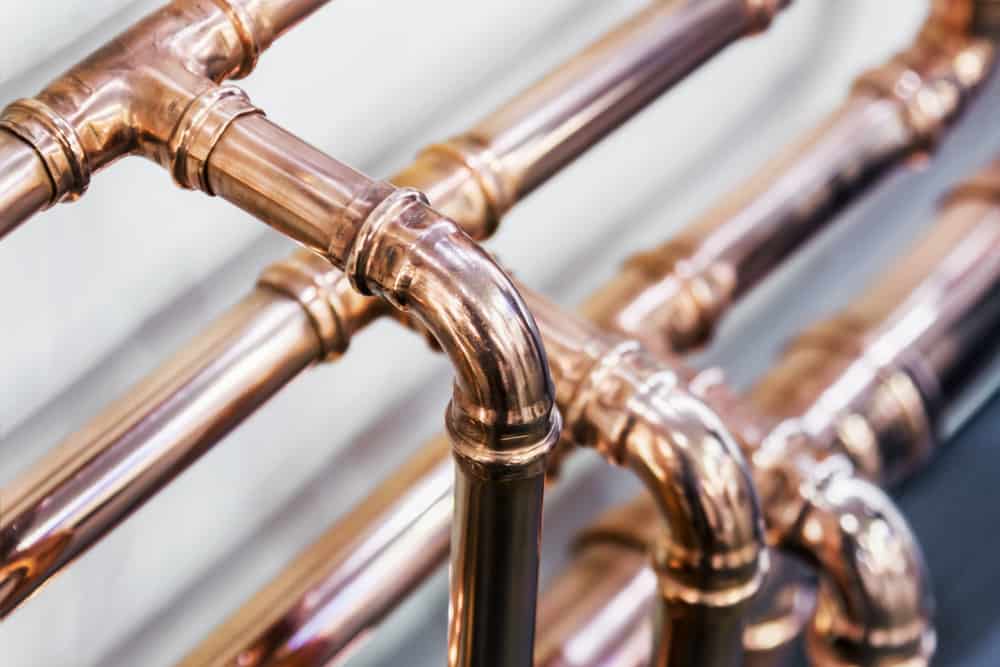
Overview of Copper Piping
Copper piping is a versatile and durable material that has been used for a variety of plumbing applications for centuries. It is corrosion resistant, highly malleable, and easy to install, making it a popular choice for both home and commercial plumbing projects. Copper piping offers superior heat transfer capabilities, making it an ideal choice for hot water systems and heating systems. Its non-toxic nature also makes it safe for use in potable water systems. Copper piping is available in a variety of sizes and thicknesses, making it suitable for a wide range of applications. Its long-term cost-effectiveness, durability, and reliability make copper piping an excellent choice for both residential and commercial plumbing projects.
Advantages of Copper Piping
Copper piping is a popular choice for plumbing and heating systems due to its numerous advantages. Copper piping is strong and durable, meaning it can last for decades, and it is resistant to corrosion and rust. It is also extremely flexible, making it easy to install in tight places. Copper piping is fire resistant and can withstand high temperatures, making it a safer choice for hot water systems. It is also resistant to bacteria, fungi, and algae growth, making it a great choice for potable water systems. Copper piping is also easy to install and maintain, and it is recyclable, making it an eco-friendly choice for plumbing and heating systems. With its numerous advantages, copper piping is an ideal choice for plumbing and heating systems.
Disadvantages of Copper Piping
When it comes to plumbing, copper piping is a popular choice as it is strong, durable, and resists corrosion. However, there are some disadvantages associated with copper piping that should be considered before installation. Copper piping is more expensive than other materials such as PVC or CPVC and is more difficult to install as it requires soldering. Copper piping can also be affected by hard water build-up, which can lead to clogs, reduced water flow, and corrosion. If the water in your area is particularly hard, an alternative material should be considered. Finally, copper piping can be susceptible to temperature extremes, which can cause the pipes to expand or contract, resulting in leaks. Taking all of these factors into account can help ensure that your plumbing system is both efficient and cost effective.
Common Causes of Copper Pipe Deterioration
Copper pipes are a reliable and popular choice for plumbing, but they are not impervious to deterioration. In fact, copper pipes are subject to a variety of factors that can cause damage and reduce their lifespan. Common causes of copper pipe deterioration include corrosion, scale buildup, and water temperature. Corrosion occurs when copper pipes are exposed to oxygen and water, which can cause the metal to erode over time. Scale buildup can occur when water is high in minerals like calcium and magnesium, leading to a buildup of sediment that can reduce the pipe’s efficiency. Lastly, high temperatures in the water can cause the pipes to expand and contract, leading to cracks and leaks. In order to prevent copper pipes from deteriorating, it is important to keep an eye on the water temperature, ensure the pipes are properly insulated, and regularly inspect for any signs of corrosion or scale buildup.
Preventative Maintenance Tips for Copper Pipe Longevity
Copper pipes are an essential part of any plumbing system. They provide long-lasting, durable performance with proper maintenance. To help ensure that copper pipes remain in good working order for years to come, here are a few preventative maintenance tips: First, clean the pipes regularly to prevent dirt and debris from accumulating. Second, use a water softener to reduce build-up from hard water. Third, inspect the pipes periodically for any signs of corrosion or damage. Finally, make sure to use approved connectors and seals when connecting copper pipes to other components. By following these tips, you can extend the life of copper pipes and keep your plumbing system in top condition.
When to Replace Copper Pipe
We’ve all been there – the frustrating moment you realize your copper pipe is no longer up to the task, and needs to be replaced. Whether it’s been leaking, corroding, or just not performing to the expected standard, it’s important to stay on top of when to replace your copper piping. Fortunately, there are a few key signs to look out for that will help you determine when it’s time to make the switch. From discoloration and pinhole leaks to a decrease in water pressure, these tell-tale signs can help you identify when to replace your copper pipe. With the right knowledge, you can stay ahead of the game and maintain the top-tier performance you expect from your plumbing.
FAQs About the How Long Does Copper Plumbing Last?
1. How long does copper plumbing last?
A: Copper plumbing can last up to 50 years or more when properly installed and maintained.
2. Are there any maintenance requirements for copper plumbing?
A: Yes, copper plumbing should be flushed and inspected regularly to ensure it is functioning properly and to prevent corrosion and other potential problems.
3. Does copper plumbing need to be replaced over time?
A: Yes, copper plumbing may need to be replaced as it gets older and begins to corrode or develop leaks. It is important to inspect the plumbing regularly and replace it when necessary.
Conclusion
In conclusion, copper plumbing can last for a very long time if it is well maintained and taken care of. When copper plumbing is exposed to air, it will eventually corrode, but this process can take many years. When copper plumbing is properly installed and maintained, it can last for decades. Proper maintenance and inspection is key to ensuring that copper plumbing will last as long as possible.

